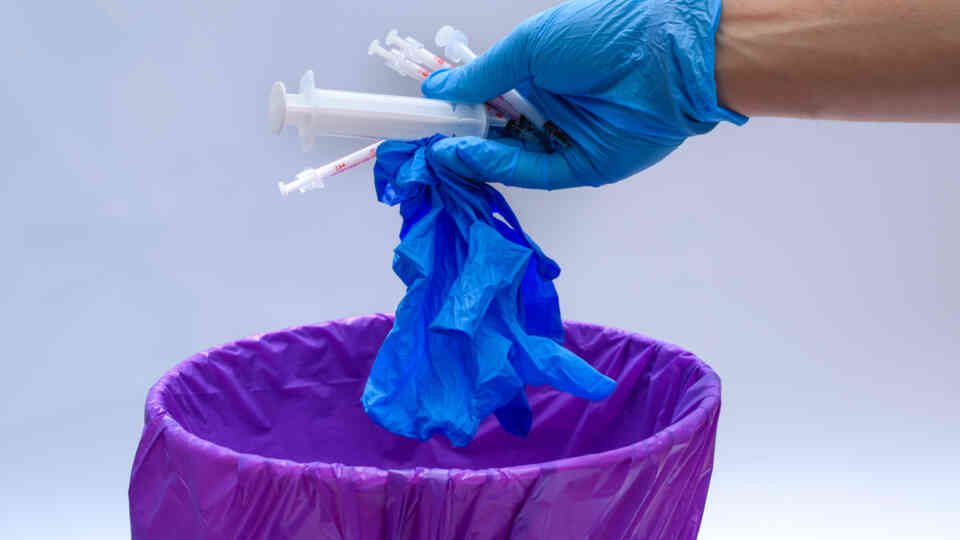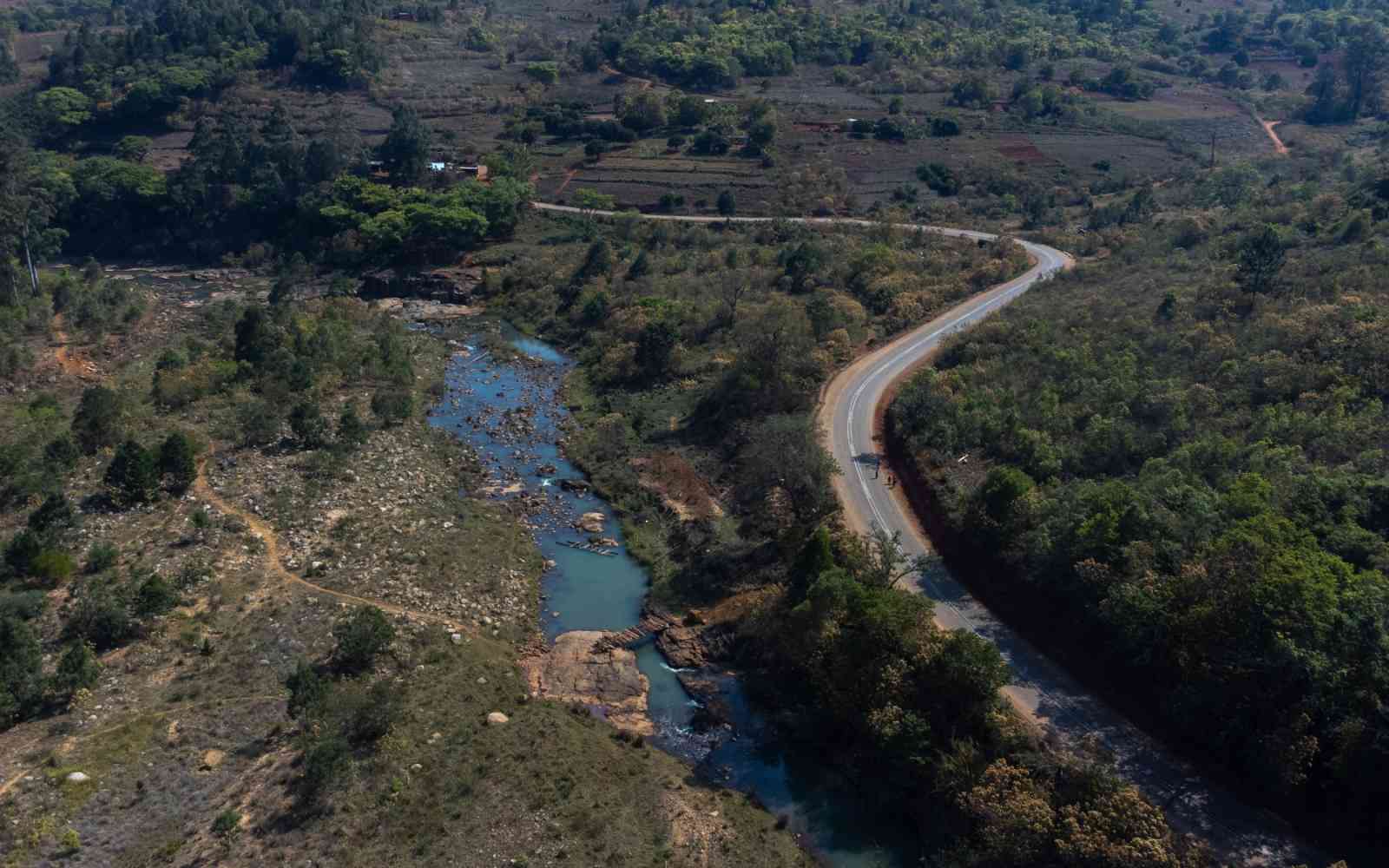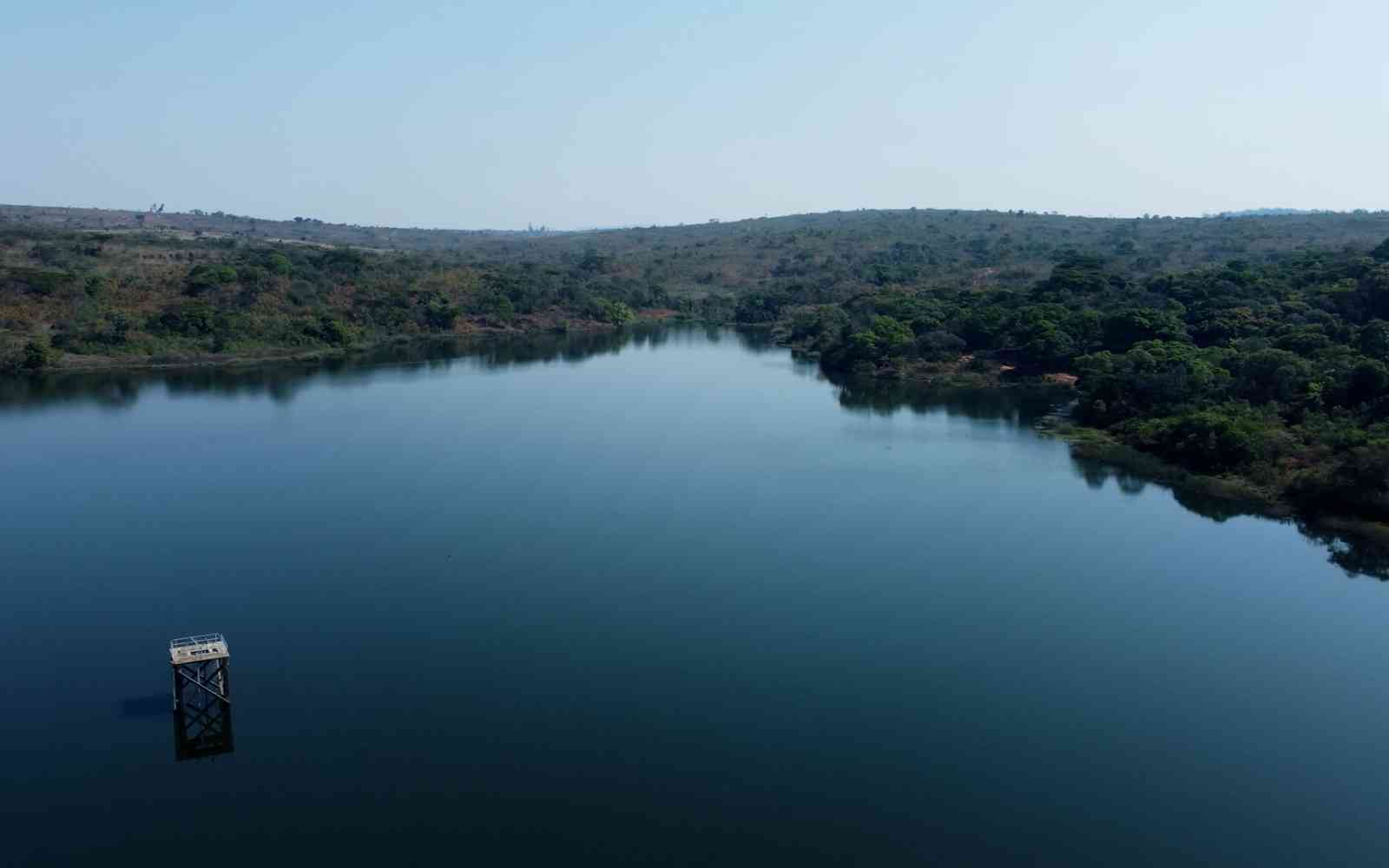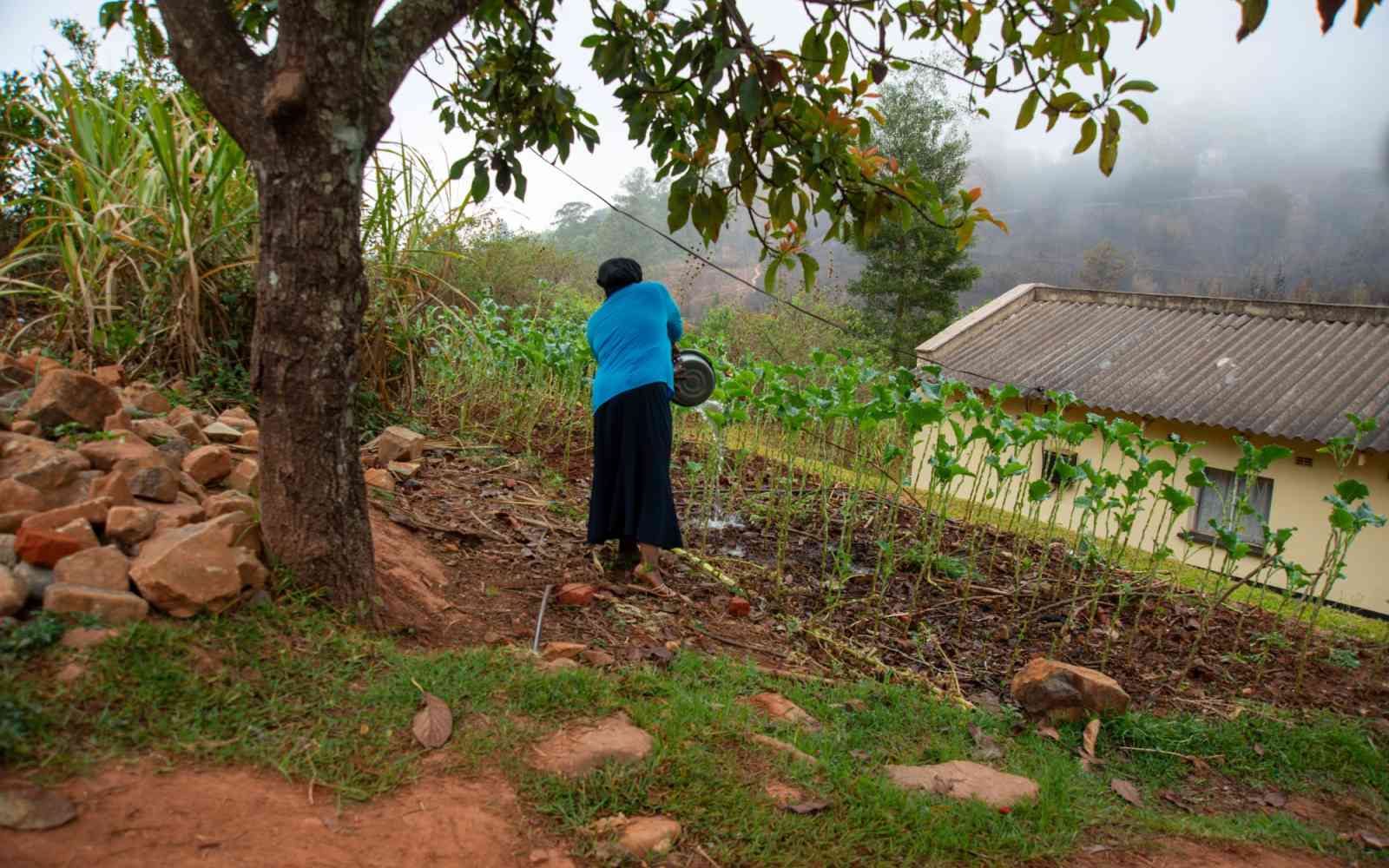The United Nations Office for Project Services (UNOPS)

Serving, saving and sustaining lives in Zimbabwe
UNOPS, the government of Japan and Zimbabwe’s Ministry of Health and Child Care are working together to save lives and strengthen access to healthcare.
In the remote hills of Zimbabwe’s Manicaland Province, every kilometre of bad road stood between patients and life-saving care.
With financing from the government of Japan, UNOPS procured and delivered three fully equipped ambulances to Chikore Mission Hospital, Hauna Hospital and Chipinge District Hospital as well as state-of-the-art diagnostic equipment to Nyanga District Hospital.
The equipment is delivering hope on wheels and answers in minutes.
Chikore Mission Hospital was once reliant on a worn-out open truck for emergency referrals. The donated ambulance is now a lifeline.
We used to struggle just to reach maternity cases during the rainy season. Now, we can reach remote communities, provide immunizations and even resuscitate patients in transit.
Chipinge District Hospital is the primary referral hub for surrounding villages. The ambulance it received has become a crucial asset for maternal emergencies and trauma cases, cutting reliance on expensive private transport. The hospital now coordinates better with Chikore and Mutare Referral Hospitals, ensuring timely and safe patient transfers.
Hauna District Hospital serves an area covering more than 2,500 km². Thanks to the new ambulance it received, more than two dozen patients per month – many of them expectant mothers – have been transferred quickly from often isolated clinics to health facilities better able to meet their healthcare needs.
And at Nyanga District Hospital, the GeneXpert PCR machine has enabled the hospital to test more than 800 samples for tuberculosis, HIV and COVID-19. Before, samples had to be sent away to be tested, delaying results by days. Now, patients receive faster treatment thanks to accurate, same-day diagnoses. The machine also serves 11 clinics and nearby communities, including those from neighbouring Mozambique.
Thanks to training, maintenance and strong local ownership, the medical vehicles and equipment remain in excellent condition. Ambulance drivers trained during the project have now trained others – contributing to the longer-term sustainability of the project and broadening its impact.
“The project may have ended, but the lives it continues to touch are countless, the legacy lives on,” said Dr. Kapfunde Mutasa District Medical Officer.













